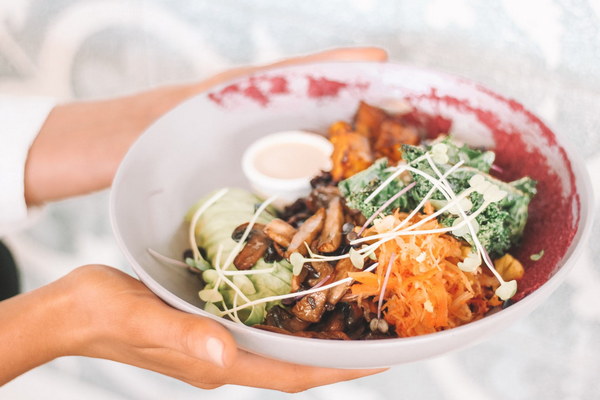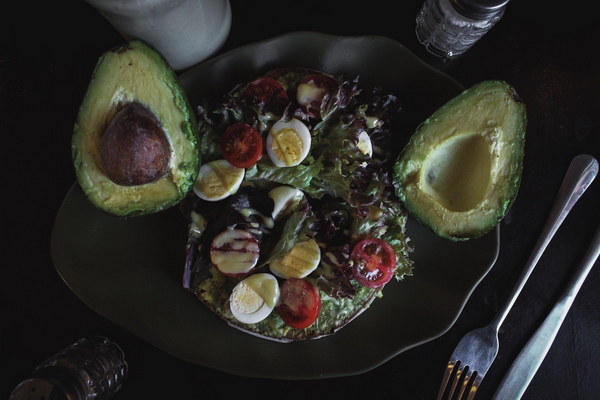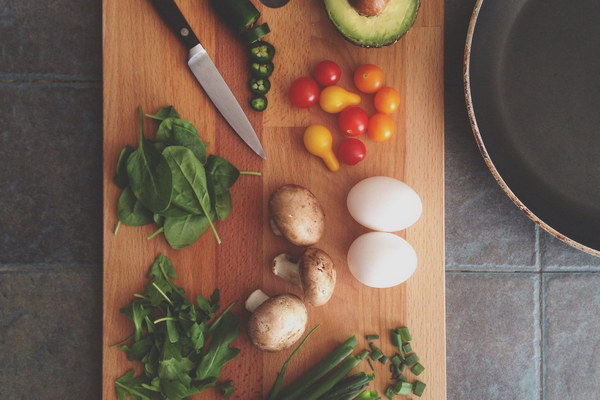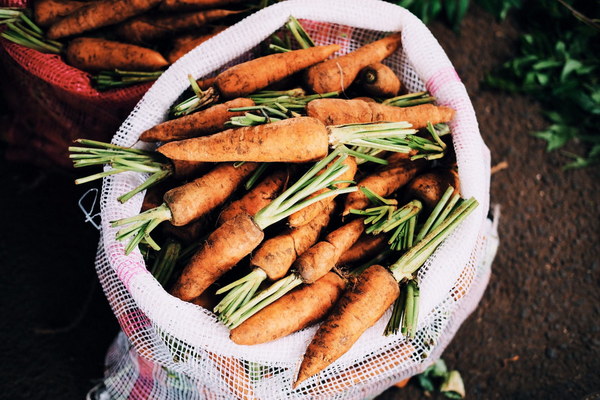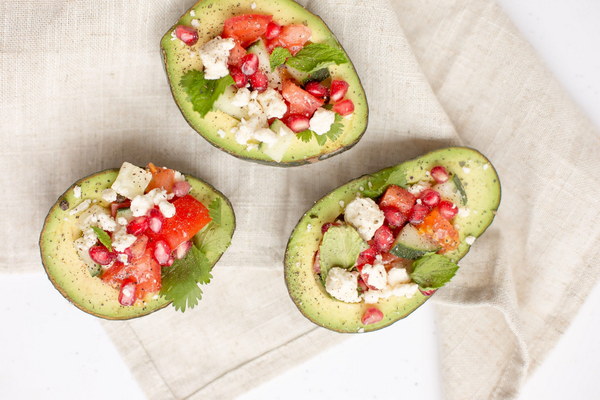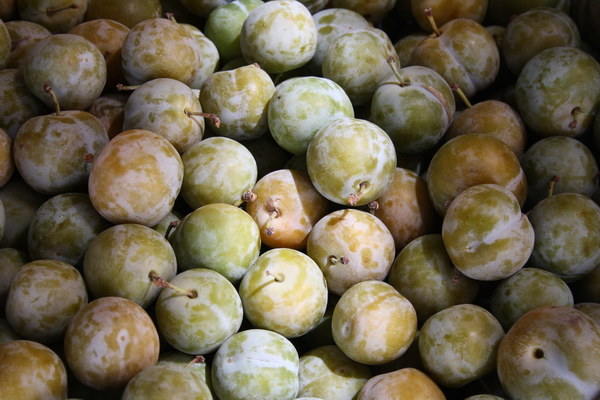Revitalize Your Health with Jiangning Herbal Cuisine A Delightful Fusion of Tradition and Nutrition
Jiangning herbal cuisine, a culinary treasure from the rich tapestry of Chinese gastronomy, offers a harmonious blend of traditional medicine and exquisite flavors. Originating from the scenic Jiangning District in Nanjing, this unique culinary art is gaining worldwide recognition for its health benefits and tantalizing taste. In this article, we will explore the fascinating world of Jiangning herbal cuisine, its health advantages, and how you can incorporate it into your daily diet.
Jiangning herbal cuisine is deeply rooted in the principles of Traditional Chinese Medicine (TCM), which emphasizes the importance of maintaining a balance between the body and the environment. The cuisine utilizes an array of herbs and spices, each with its own healing properties, to create dishes that not only satisfy the palate but also promote overall well-being.
One of the key aspects that set Jiangning herbal cuisine apart from other culinary traditions is its emphasis on seasonal ingredients. This ensures that the dishes are not only fresh and flavorful but also aligned with the natural rhythms of the year. Seasonal ingredients are chosen based on their properties and how they can best complement the body's needs at different times of the year.
Health benefits of Jiangning herbal cuisine:
1. Immune system support: Many of the herbs used in Jiangning herbal cuisine are known for their immune-boosting properties. For instance, Astragalus root is a staple ingredient that helps strengthen the immune system and fight off infections.
2. Digestive health: The cuisine often includes ingredients that promote digestion, such as ginger and fennel. These ingredients help to alleviate symptoms of indigestion, bloating, and gas, and can be particularly beneficial for those with gastrointestinal issues.
3. Blood circulation: Jiangning herbal cuisine features various herbs and spices that can improve blood circulation, reducing the risk of cardiovascular diseases and helping to prevent blood clots.

4. Detoxification: Many of the herbs used in Jiangning herbal cuisine have detoxifying properties, helping to eliminate harmful toxins from the body and improve overall health.
5. Anti-inflammatory: The cuisine includes ingredients that have anti-inflammatory properties, which can help alleviate symptoms of arthritis and other inflammatory conditions.
Incorporating Jiangning herbal cuisine into your diet:
1. Experiment with herbs: Start by exploring the different herbs and spices used in Jiangning herbal cuisine. You can find many of these ingredients in your local Asian grocery store or online. Experiment with adding them to your favorite dishes or creating your own herbal blends.
2. Seasonal ingredients: Purchase fresh, seasonal ingredients to create dishes that are both healthy and delicious. Consult a TCM practitioner or a Jiangning herbal cuisine expert for recommendations on the best ingredients to use during each season.
3. Balance and moderation: As with any diet, balance and moderation are key. While Jiangning herbal cuisine offers numerous health benefits, it's essential to consume it in moderation and not rely on it as a sole source of nutrition.
4. Learn from the experts: Consider taking a cooking class or attending a culinary workshop to learn how to prepare Jiangning herbal cuisine dishes. This will not only enhance your culinary skills but also provide you with valuable insights into the health benefits of these dishes.
In conclusion, Jiangning herbal cuisine is a delightful fusion of tradition and nutrition that can significantly enhance your health and well-being. By incorporating its principles into your daily diet, you can enjoy the flavors of this unique culinary tradition while reaping its numerous health benefits. Embrace the world of Jiangning herbal cuisine and embark on a journey towards better health and vitality.

